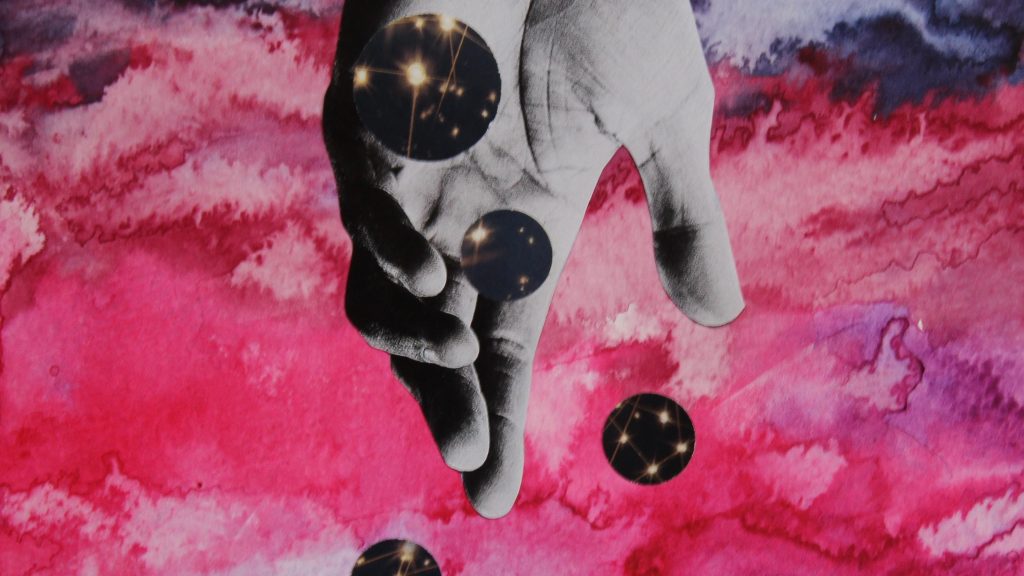Ayesha Asad’s Waveborne (Bottlecap Press, 2022) carries on its crest a blend of cultural identity, resettling, growth, striving. The poems present few breaks; they just keep moving, like determined waves destined for shore, full of radiance.

by Katy Dycus
Ayesha Asad’s Waveborne (Bottlecap Press, 2022) carries on its crest a blend of cultural identity, resettling, growth, striving. The poems present few breaks; they just keep moving, like determined waves destined for shore, full of radiance.

Ayesha Asad’s Waveborne (Bottlecap Press, 2022) carries on its crest a blend of cultural identity, resettling, growth, striving. The poems present few breaks; they just keep moving, like determined waves destined for shore, full of radiance.
One of the collection’s poems “Eid, homemade” pays homage to both Asad’s cultural roots and the pandemic. Asad fills the poetic space with an absence of all that is traditionally associated with Eid—the festival of the breaking of the fast: “No recitation of the/ Quaran,” “No imam asking everyone/ to join in and raise their voices.” Yet, as compensation, bodies are unified in worship, all prayerfully pointing in the same direction.
Asad takes her cultural identity a step further in “Incorporeal.: She sees it as problematic, wishing to be “undefined/ to scrape away that feeling/ of damp wood rotting/ flesh supplanted with language/ other people invented for us.” Poetry is, perhaps, a way for Asad to reclaim an identity using her own language, speaking for herself the way she sees herself.
As the child of Muslim immigrants, Asad both celebrates her heritage and resists categorization. She brings together many things at once: mothers who drink chai, perfect immigrant kids, jilbabs and dupattas, the MCAT, the idea that one must “assimilate or get out” (“Sweet, Sweet Culture”)—all elements of her mosaic world. Asad also comments on the misconceptions others arm themselves with when they peer into this world.
The weight of others’ judgments or expectations introduces pain that is difficult to understand, but an absolutely gorgeous moment arrives in “I drove a car to Venus”: “I gasped/ at the pain that survived, and again at the lightness/ that dawned. A moment where I was weightless/ suspended on an interstellar line of gravity/ A moment where I found my space/ uncarved, unformed, uncombed/ by all but the light/ within it.” The speaker’s radiance treads new ground here, on these very pages. We could interpret poetry as a vital, living instrument that carves out this possibility, this fresh new reality.
The world is full of possibility, and in many ways, we are all the same. The collection ends this way: “Come, let us walk/ Let us speak before the sun/ never rises, before the ocean/ forgets to jewel, before the suburb splits/ like cracked ceramic. We have been waiting/ for the same thing.” I find this invitation incredibly generous, coming from someone who is made up of so many things. It makes sense that we would, and we should, find ways to overlap.
Book: https://bottlecap.press/products/waveborne
Podcast episode: https://anchor.fm/thewilddetectives/episodes/Inner-Moonlight-Ayesha-Asad-e1kamvg
Published on
Katy Dycus Originally from Fort Worth, Texas, Katy now lives in Madrid, Spain. When she isn't teaching, hiking, or laughing with friends, she's probably writing for the anthropology journal Mammoth Trumpet. Or looking for the perfect avocado.
ALSO